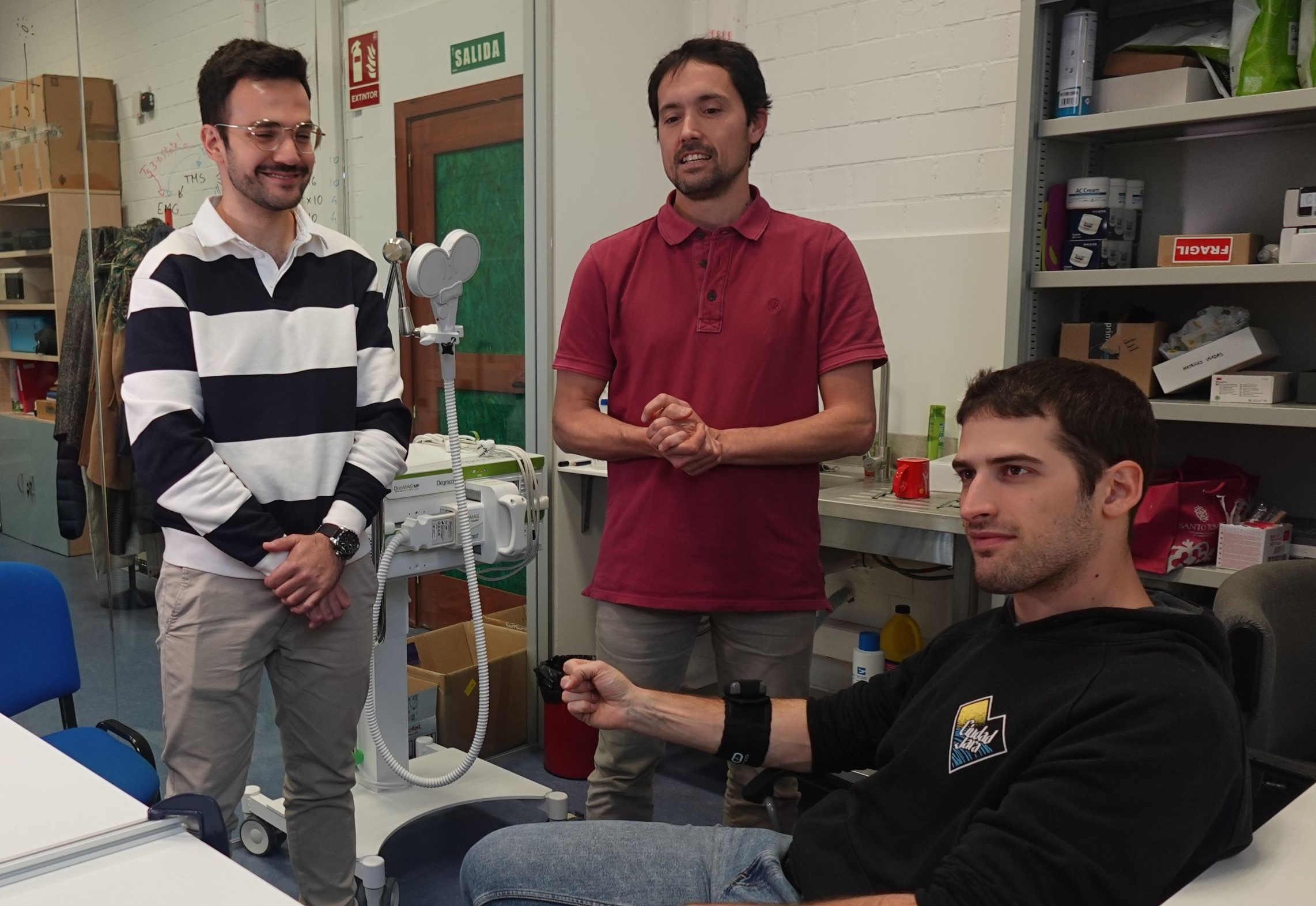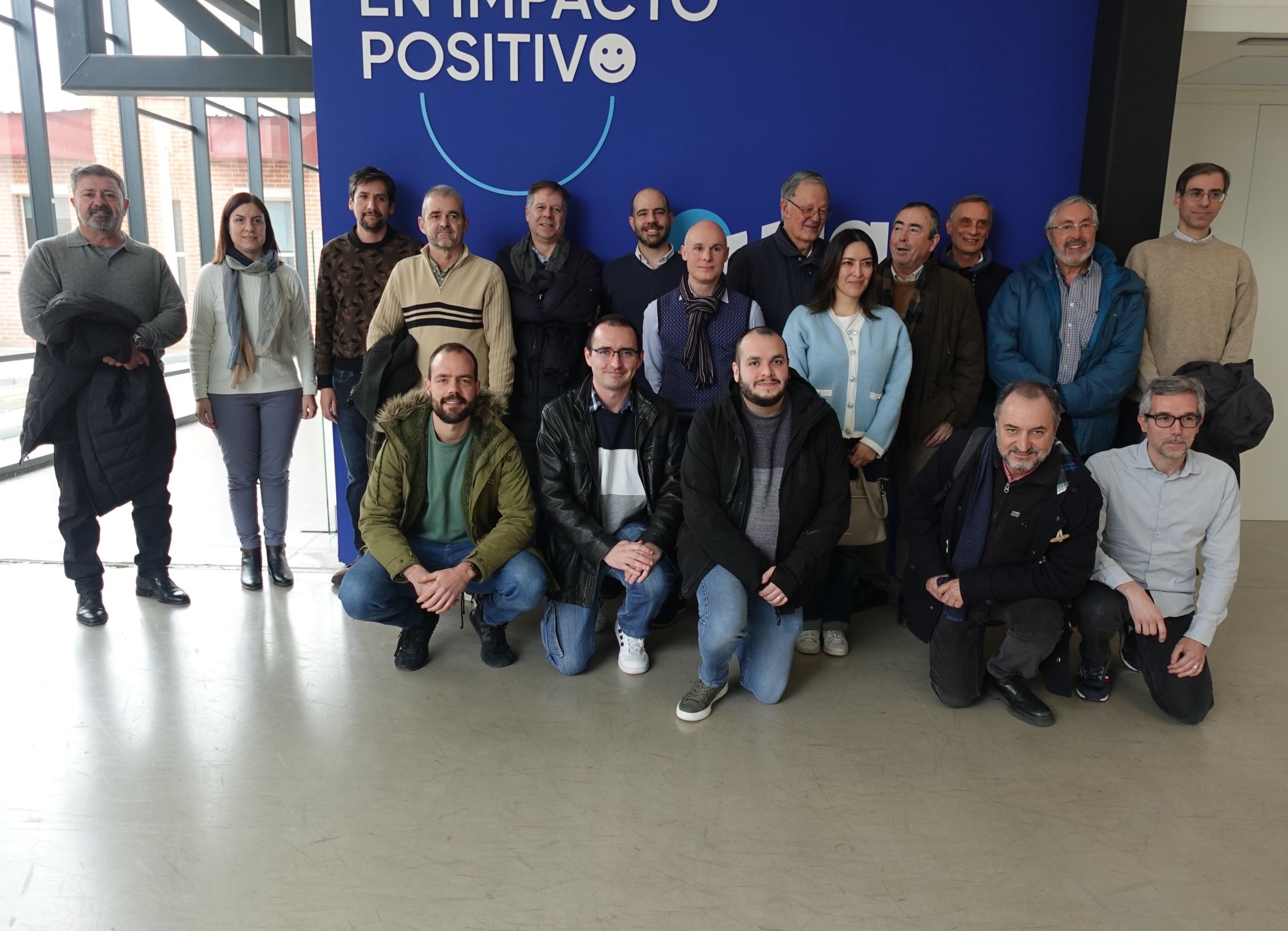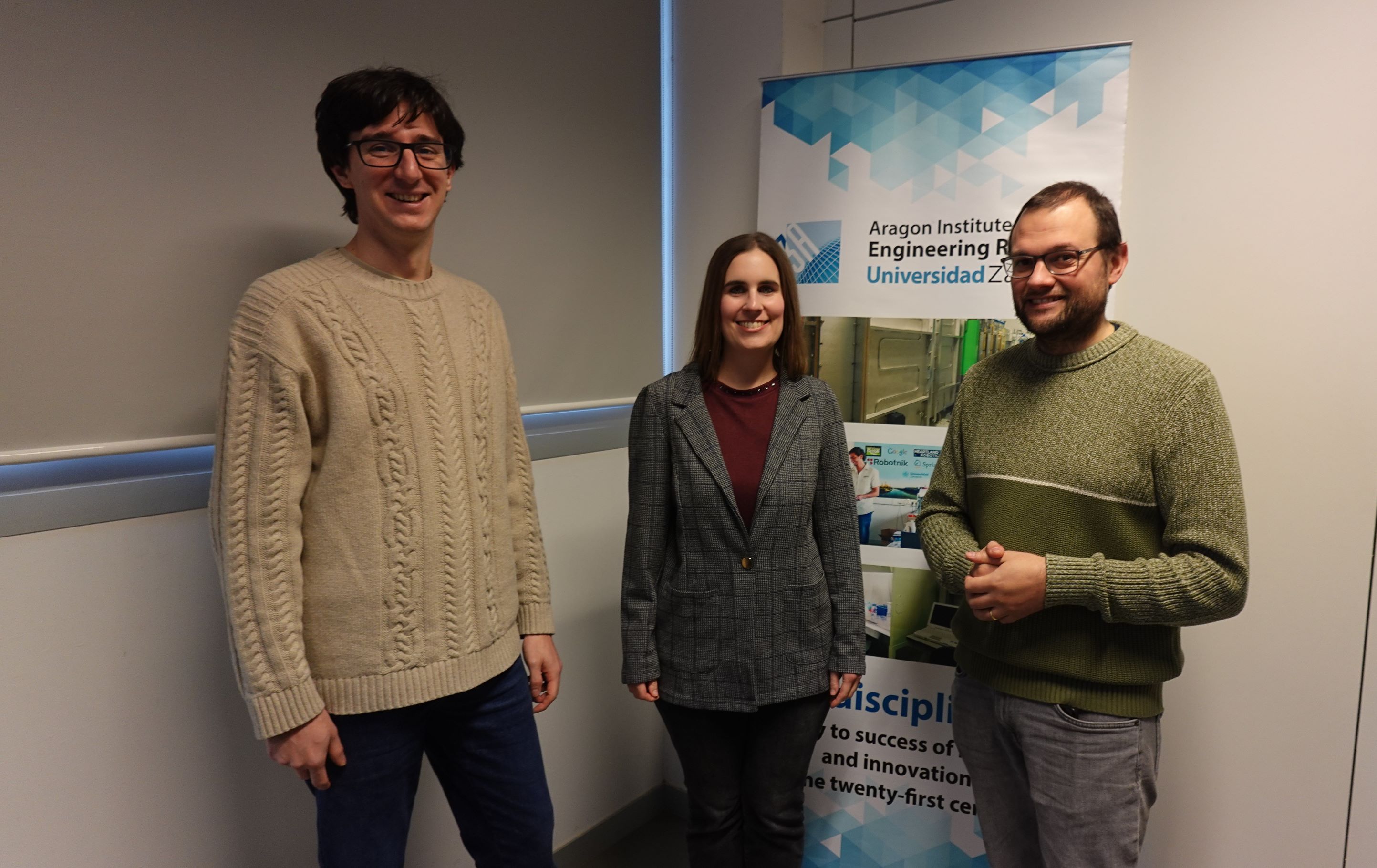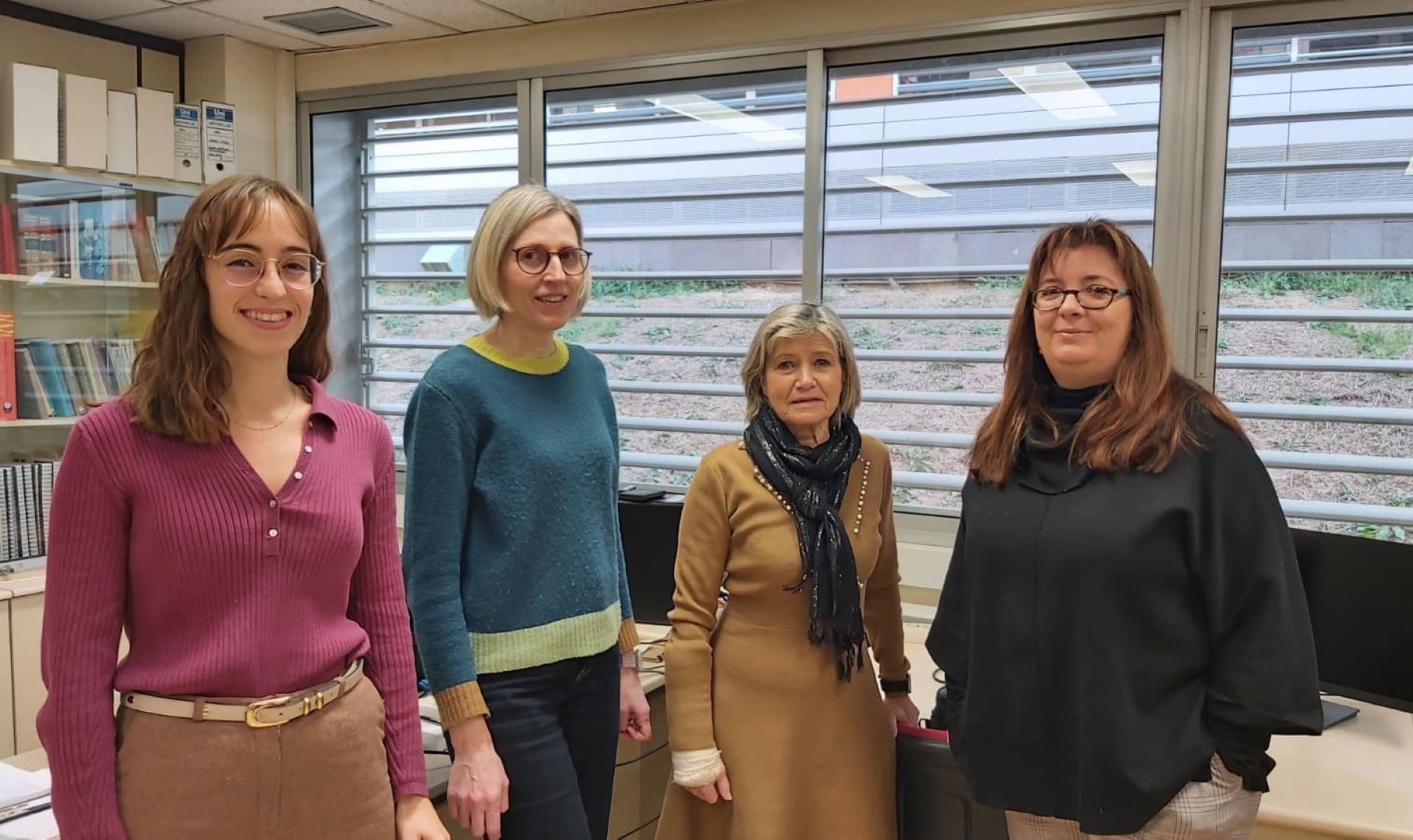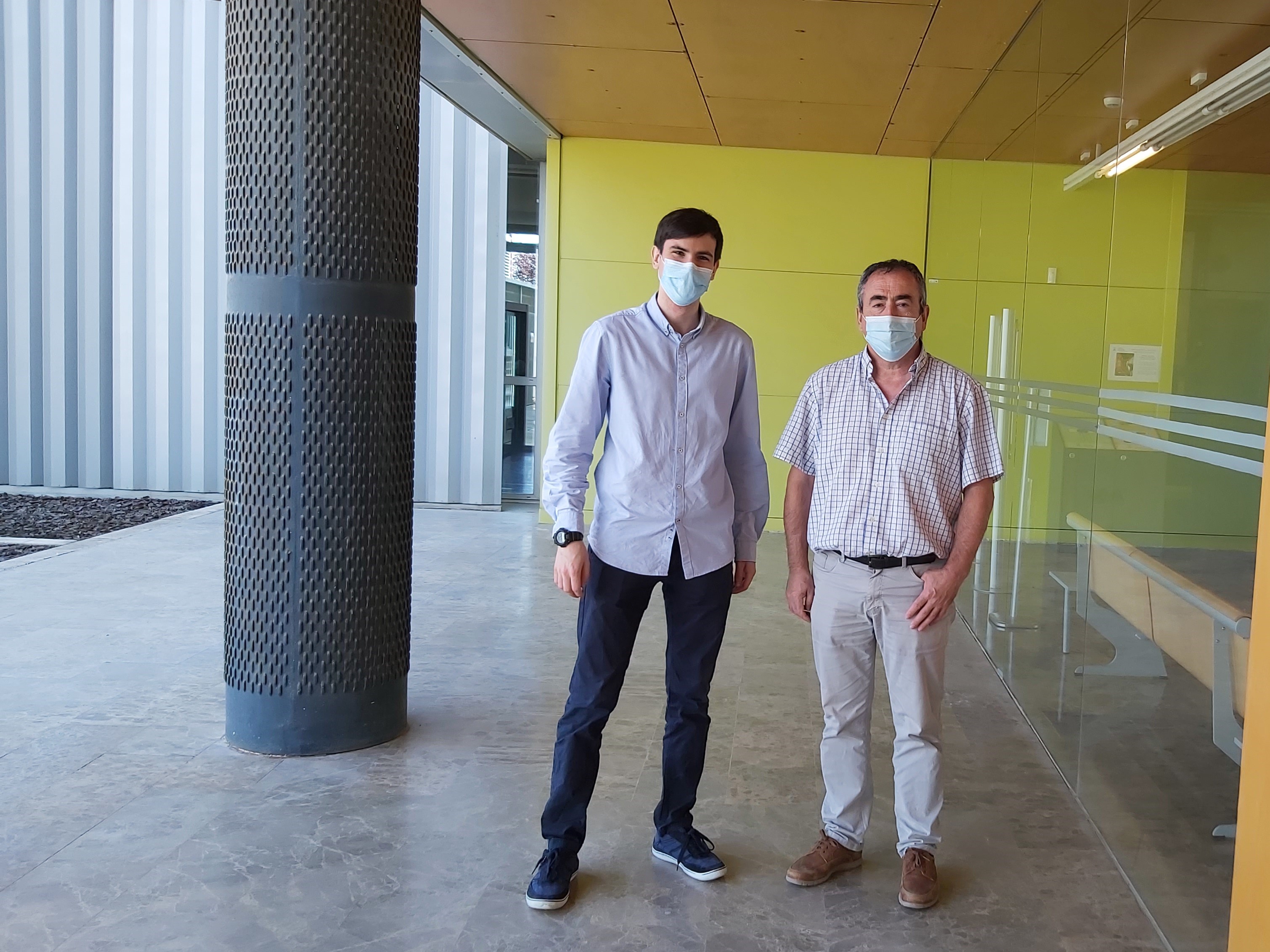
Researcher Eduardo Moya Lasheras and Professor Carlos Sagüés Blázquiz from the University of Zaragoza have been selected as the winners of the 2021 award for the best article published in the journal IEEE/ASME Transactions on Mechatronics.
Both belong to the Robotics, Perception and Real Time (RoPeRT) group of the Aragon Engineering Research Institute (I3A). Their article has been chosen among 284 and awarded for its innovative proposal to control the motion of electromagnetic relays or solenoid valves.
The article is one of the publications from the research project in which they work, dedicated to the modeling and control of these electromechanical devices. The objective is to reduce the impacts when switching relays and solenoid valves to improve their performance.
Relays and solenoid valves are key elements in many home appliances and industrial machines; they act on each specific machine, which conditions their operation. Improving the switching of these devices through motion control is the objective of this line of work.
Essentially, relays and solenoid valves are switches that use electromagnets to move and switch. Electromagnets generate magnetic forces to attract moving parts and change the position of switches. On the one hand, relays serve to open and close electrical circuits. They are used in many home appliances (for example, cooktops), in the automotive industry (battery chargers or electronic accelerators) or in wireless power transmission applications. On the other hand, solenoid valves are used to regulate the flow in hydraulic or pneumatic circuits. They are widely used in automotive (for example, piston engines without camshaft or stability control).
This line of research of the RoPeRT group is part of a long history of collaboration between the University of Zaragoza and the company BSH Electrical Appliances Spain. Carlos Sagüés began his collaboration with BSH, under the coordination of Sergio Llorente, more than 15 years ago.
From this project of control of reluctance actuators have arisen two doctoral theses, eight articles in high impact journals, five presentations at international conferences.
On the other hand, researcher Eduardo Moya has been working in this area since he began his PhD degree in 2016 and just finished in May 2021.
The award-winning article proposes a run-to-run (cycle by cycle) control to improve the switching operations in reluctance actuators, taking advantage of the repeatability of these operations.
The proposal is the culmination of the work started a few years ago with the thesis of Édgar Ramírez, who already proposed adapting run-to-run strategies (originally proposed for semiconductor manufacturing processes) for the control of relays. Later, Carlos Campos studied different optimization techniques for run-to-run control in his Final Master's Thesis (2016) and during external internships at BSH (2017) he proposed to use Bayesian optimization.
It is an optimization strategy that uses much more efficiently the data obtained in past commutation, with which it is possible to converge more quickly than in other optimization strategies proposed. Continuing this idea, Eduardo, Édgar and Carlos proposed Bayesian optimization techniques for the control of relays and solenoid valves and presented the preliminary results at the 18th European Control Conference (ECC19).
The award-winning article proposes a new optimization strategy based on the previous one and a more versatile way of parameterizing the input signals, which allows the devices to be controlled by current or by voltage, directly optimizing the parameters of the electromechanical system.
E. Moya-Lasheras and C. Sagues: “Run-to-Run Control With Bayesian Optimization for Soft Landing of Short-Stroke Reluctance Actuators”; IEEE/ASME Transactions on Mechatronics, vol. 25, no. 6, pp. 2645-2656, December 2020, doi: 10.1109/TMECH.2020.2987942.
Award info: http://www.ieee-asme-mechatronics.info/2021-results/
